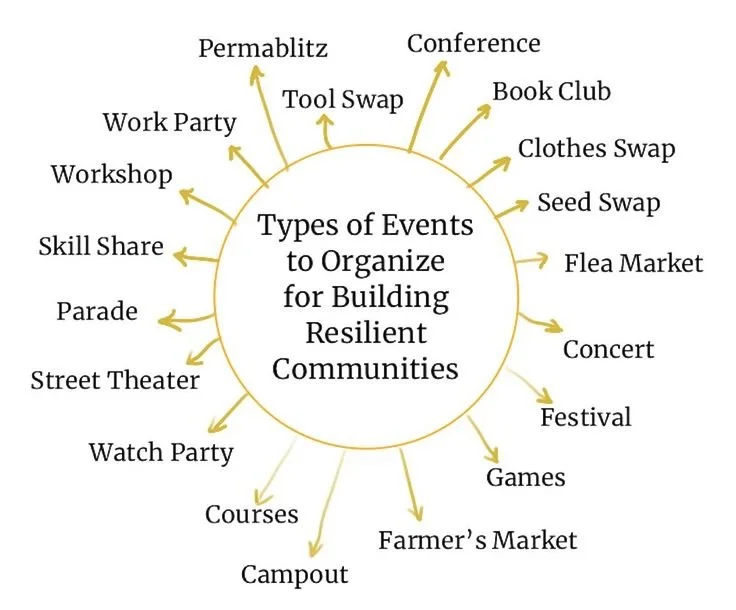The Great Commitment Conundrum: Gen Z’s Love Affair with the Exit Door
Once upon a push notification, Generation Z burst onto the scene—digitally native, globally connected, and equipped with more self-awareness than a therapy circle at Burning Man. But somewhere between their affinity for irony-laced memes and their aversion to phone calls, Gen Z has developed a curious allergy: commitment. Whether it’s ghosting a job after three weeks, vanishing from group projects, or abandoning personal goals mid-TikTok trend, this generation seems to be swiping left on staying power.
Now, before we start shaking our fists from ergonomic office chairs, it’s worth noting that Gen Z’s commitment phobia isn’t just about flakiness. Many are navigating a minefield of mental health challenges, from anxiety and burnout to existential dread delivered fresh via the 24-hour news cycle. In fact, a growing body of research suggests that Gen Z reports the highest levels of psychological distress of any generation. It’s hard to commit to a five-year plan when you’re not sure if you’ll emotionally survive five minutes of scrolling.
Professionally, this wavering manifests in what hiring managers have dubbed the “boomerang effect”—young employees bouncing from one job to another with the grace of a caffeinated pinball. This isn’t necessarily a sign of weakness; rather, it's often an attempt to find workplaces that align with their values, offer real mental health support, and treat them like humans rather than productivity bots. But while noble in theory, the side effect is a gig economy swirling with resumes longer than IKEA instruction manuals and an HR department somewhere sobbing into its onboarding paperwork.
Culturally, the shift is even more profound. Commitment is no longer the flex it once was. Instead, Gen Z places a premium on flexibility, autonomy, and emotional sustainability. Long-term anything—relationships, careers, rent agreements—feels less like security and more like a trap. This has created a fascinating paradox: a generation desperate for purpose but paralyzed by the permanence required to achieve it. The result? A lot of passion projects, half-finished podcasts, and Google Docs titled “Business Ideas” that haven’t been touched since 2021.
So, what’s the path forward? It’s not about lecturing Gen Z into submission (they’d just mute you), but about building systems that prioritize mental well-being, model healthy commitment, and redefine success not as endurance for its own sake, but as conscious, sustainable engagement. After all, with the right support, even the most commitment-averse generation can learn to plant roots—maybe not oak trees, but at least a few thriving succulents.

